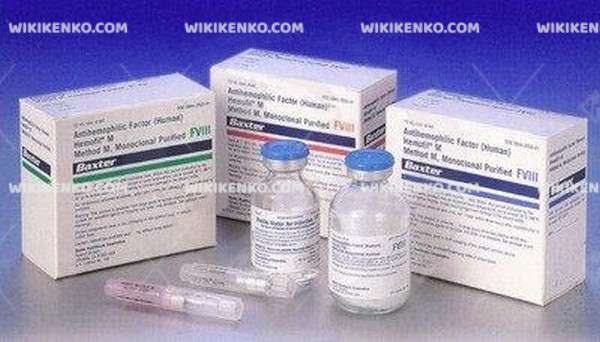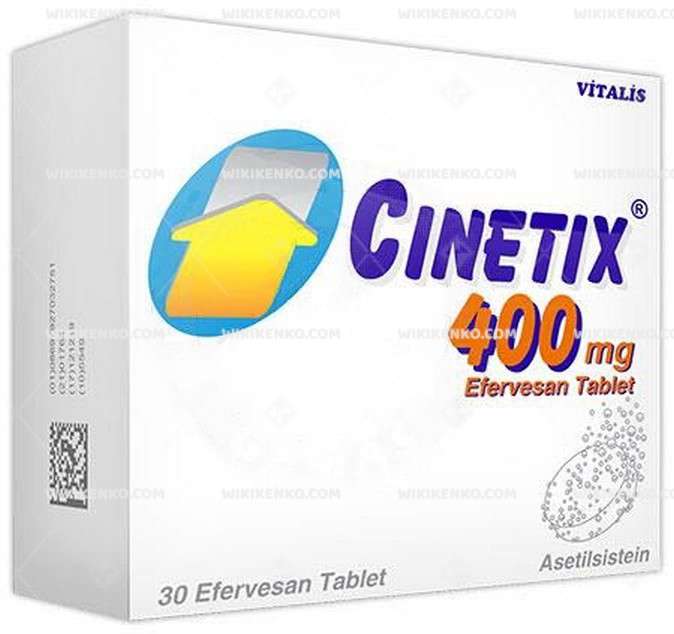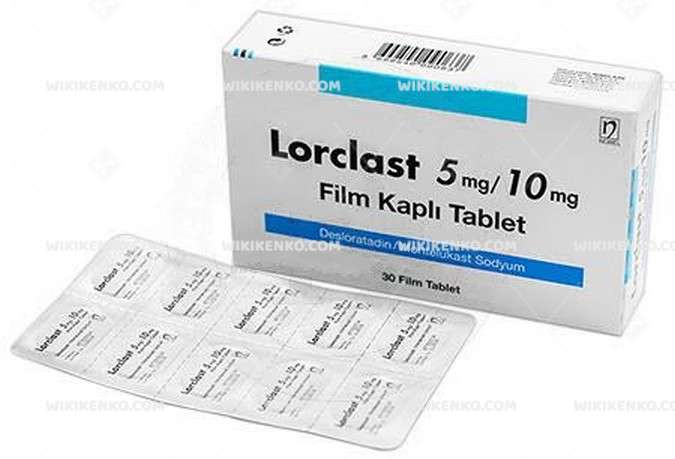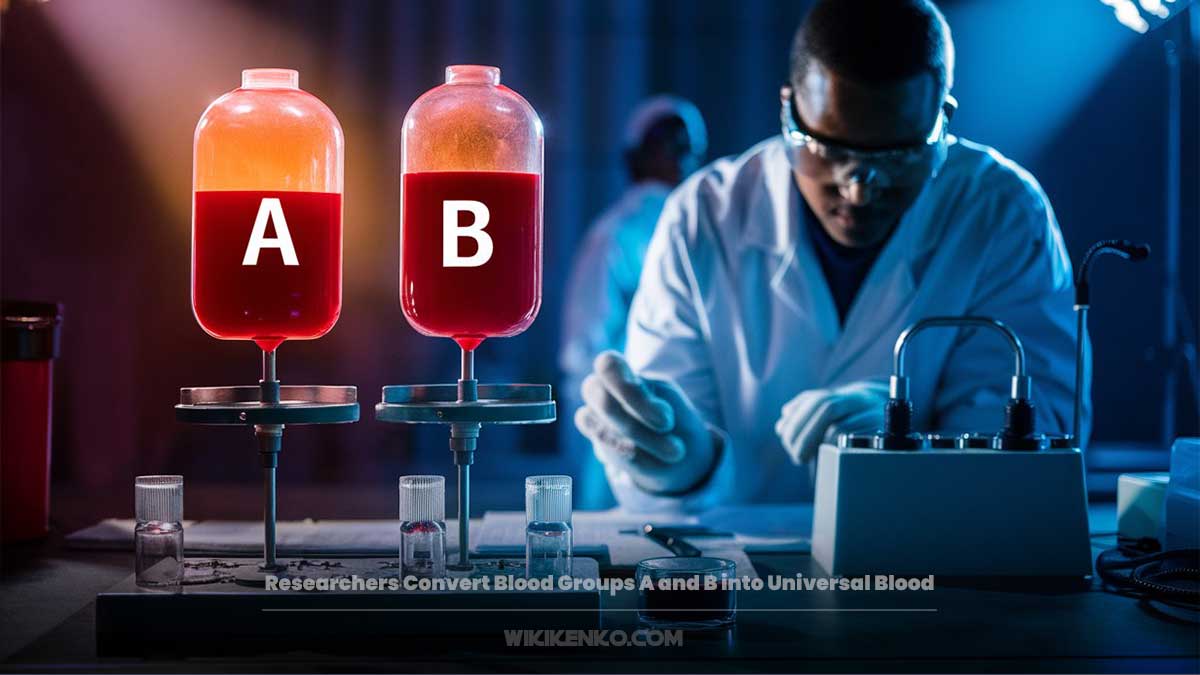Description
Hepazec is available in the convenient form of film tablets. Each tablet boasts 550 mg of the active ingredient. These tablets are distinctive in their pink, oval shape and lack a score line. The medication is packaged meticulously in blister packs, each containing 56 tablets.
Active Ingredient
At the heart of Hepazec lies Rifaksimin, a potent antibiotic renowned for its ability to eliminate troublesome bacteria in the intestines, particularly those that can trigger hepatic encephalopathy.
Indications
Hepazec serves a dual purpose in addressing medical concerns:
- Hepatic Encephalopathy: Hepazec proves invaluable in reducing the recurrence of overt hepatic encephalopathy attacks in adults with liver disease. This condition arises when the liver is unable to effectively remove harmful substances from the bloodstream, leading to a cascade of neurological symptoms, including mental tension, aggression, confusion, muscle issues, speech difficulties, and in severe cases, coma.
- Chronic Gastrointestinal Disorders: Beyond hepatic encephalopathy, Hepazec finds application in the management of chronic gastrointestinal disorders characterized by diarrhea-dominant abdominal pain, bloating, and alterations in bowel habits.
How to Use
Administering Hepazec is straightforward – these tablets are meant for oral consumption. They can be taken alone or, more commonly, in conjunction with a bowel softening medication containing lactulose.
Hepazec Side Effects
While using Hepazec, a noticeable side effect may be the reddening of urine. This occurrence is considered normal. However, it’s essential to be aware that antibiotics containing Rifaksimin can induce diarrhea. This diarrhea may manifest during the treatment phase or even months after treatment cessation. Should diarrhea occur while taking it or after discontinuation, immediate consultation with a healthcare professional is advised.
Contraindications
Hepazec should be approached with caution and avoided if certain conditions apply:
- Allergy: Individuals allergic to Rifaksimin, similar antibiotics like rifampicin or rifabutin, or any other ingredients listed in the medication’s composition should refrain from using Hepazec.
- Compatibility: Rifaksimin should not be used concurrently with similar antibiotics such as rifampicin or rifabutin.
Alternatives for Hepatic Encephalopathy
For hepatic encephalopathy, several alternatives to Hepazec are available:
- Lactulose: A synthetic sugar acting as an osmotic laxative, it inhibits ammonia production in the intestine and accelerates bowel movements.
- Rifaximin: Often used alongside lactulose, this antibiotic effectively reduces the recurrence of overt hepatic encephalopathy attacks.
- Neomycin: Another antibiotic, Neomycin, can be used to combat hepatic encephalopathy by targeting ammonia-producing bacteria.
- Metronidazole: This antibiotic is another option to tackle ammonia-producing bacteria.
The choice among these alternatives depends on factors such as the patient’s condition severity, overall health, and response to treatment. Consultation with a healthcare provider is vital to receive personalized medical advice.
Conclusion
Hepazec Film Tablet 550 Mg plays a vital role in addressing hepatic encephalopathy and gastrointestinal disorders. Understanding its uses, potential side effects, and alternatives empowers individuals to make informed healthcare choices. Remember, it is a prescription medication, and its usage should align with professional guidance to ensure your well-being.
Key Information
| Aspect | Details |
|---|---|
| Active Ingredient | Rifaksimin |
| Form | Film tablets |
| Dosage | 550 mg per tablet |
| Packaging | Blister packs containing 56 tablets |
| Medical Uses | Hepatic encephalopathy, chronic gastrointestinal disorders |
| How to Use | Orally, alone or with lactulose |
| Side Effects | Reddening of urine, potential for antibiotic-induced diarrhea |
| Contraindications | Allergy to Rifaksimin or similar antibiotics, concurrent use of incompatible antibiotics |
| Alternatives | Lactulose, Rifaximin, Neomycin, Metronidazole |













Reviews
There are no reviews yet.